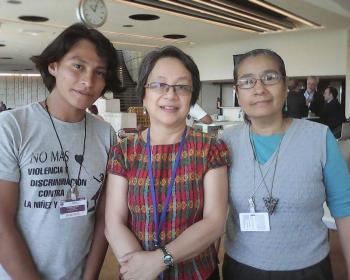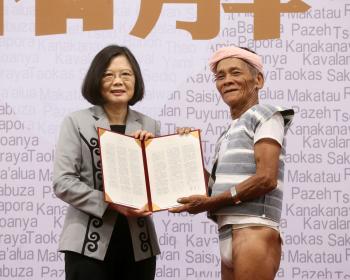On January 25, 2016, the Solomon Islands’ human rights record was reviewed by the United Nations Human Rights Council as part of the second cycle of the Universal Periodic Review (UPR) process. This mechanism emerged from the 2005 UN reform process and periodically examines the human rights performance of all 193 UN Member States.







